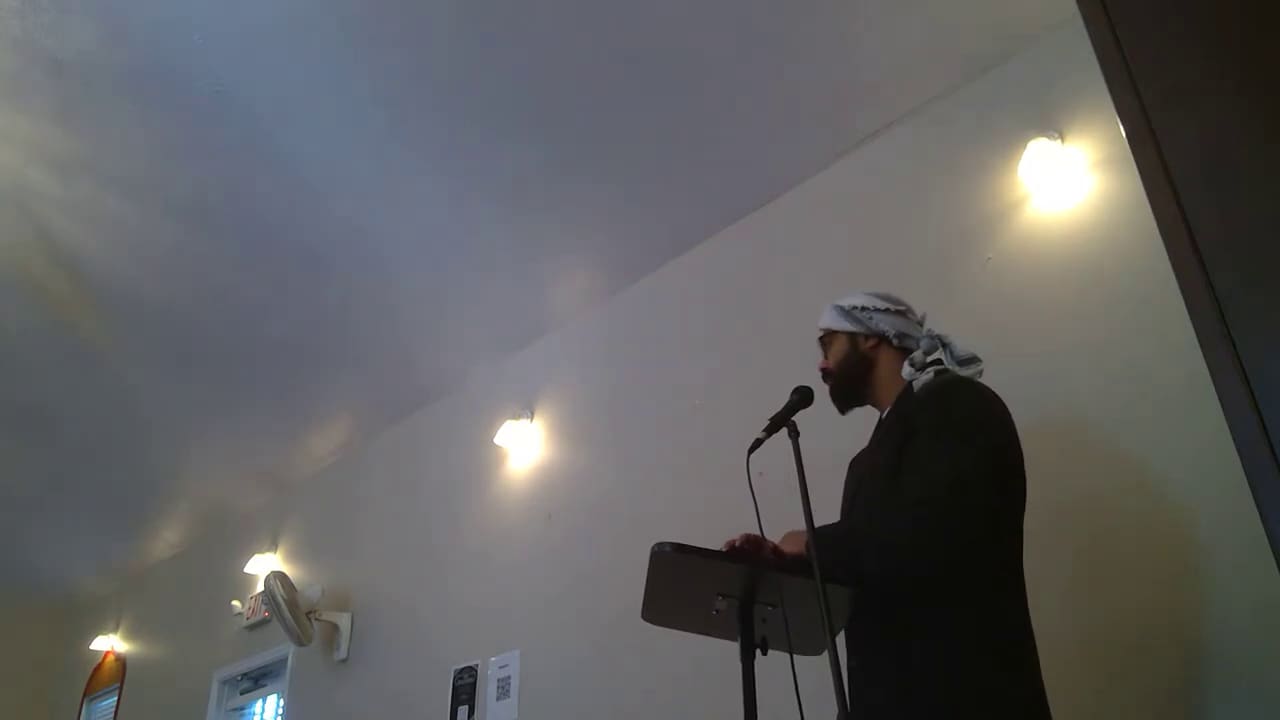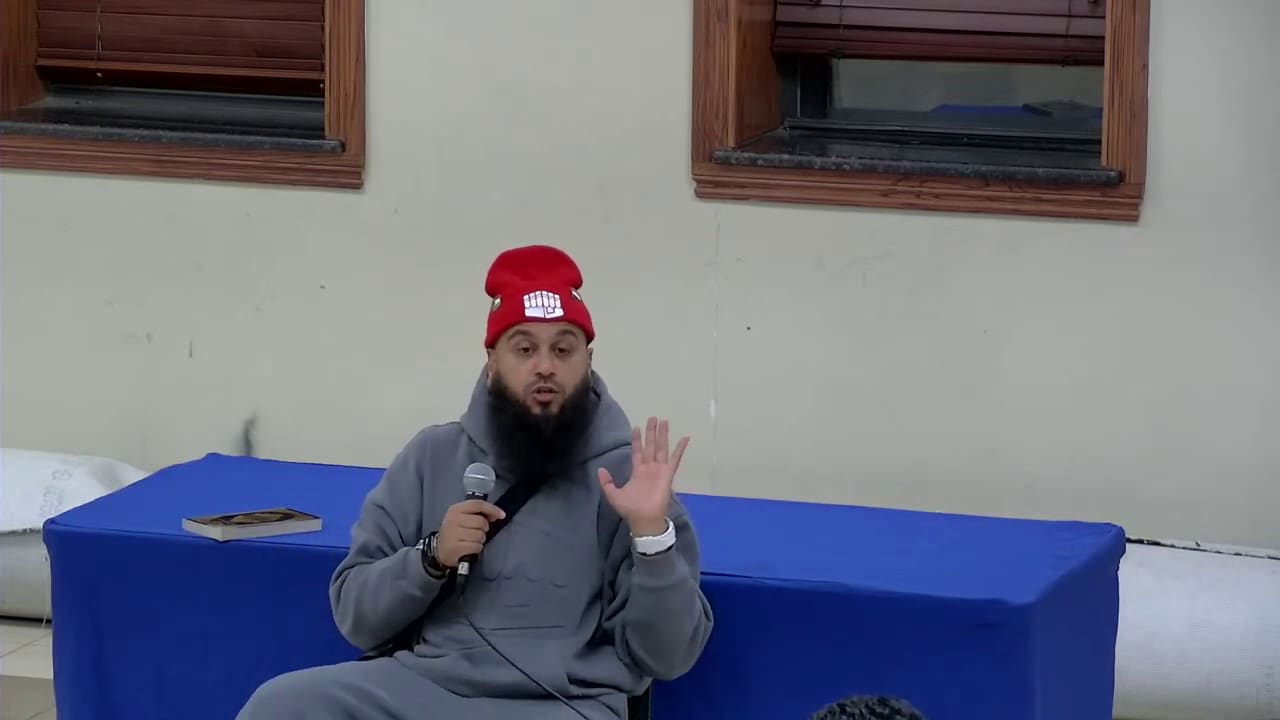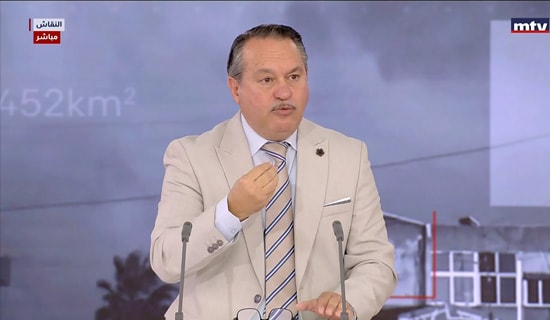
Following are excerpts from an interview with Mohammad Sadeq Al-Hosseini, former politicl advisor to Iranian President Khatami, which aired on Syrian News TV on December 11, 2013.
Mohammad Sadeq Al-Hosseini: Believe me, President Obama tried five times to get a free handshake from President Rohani, on the sidelines of the U.N. General Assembly – and he failed. He said: "I am prepared to discuss the issue of Bahrain, like Iran wants – but just give me that handshake."
This was because he was defeated at the gates of Damascus. The chemical weapons [deal] was not a victory for him. It was a trap in which we ensnared him. He lost that battle, and we won it. Those [chemical weapons] were a heavy burden, pieces of scrap metal that we should have thrown into the sea, but we gave them to them in a very smart diplomatic maneuver, which involved three elements: complete silence on the part of Hizbullah, the big stick of Iran, and a first-class diplomatic team in Syria, which has managed to remain steadfast in the face of all the onslaughts.
What happened to the Americans, on the other hand? Obama had to make a great retreat. He was forced to accept a handshake from President Rohani, whom he considered a kind of Gorbachev or Sadat, so that the day would not come when he would be forced to kiss the hands of Hassan Nasrallah and Imam Khamenei, so that they would hold their fire in the great war that was prepared to annihilate Israel.
All the operations... It has been revealed that our missiles can now very easily reach Tel Aviv. We have weapons that can make Israel go blind. Nasrallah, the leader of the resistance, managed to deliver a 17-minute speech, and the Israeli airplanes were unable to reach the southern suburb of Beirut, or to fly over Lebanon.
This is the first time that such a thing has happened. This means that we have a new strategic weapon in Syria, in Iran, and in the southern suburb of Beirut, which can prevent Israel from attacking.
[...]
There is no honeymoon. We are engaged in a fierce war with the Americans on all levels. This is the Treaty of Hudaybiyya in Geneva, and it will be followed by a "conquest of Mecca."
[...]
The Geneva agreement was achieved due to three things. The first was our strategic patience. Iran has maintained strategic patience for a very long time – 10 or 11 years. We have been patient, preparing for the day that comes after those 10 years. We were preparing a large quantity of enriched uranium, so that when it is reduced... Incidentally, for your information, when you conduct political negotiations with Iran, you lose even when you think you have won.
The [Iranians] have raised the level of uranium enrichment far beyond the level they really needed, so that when the level would be lowered, they would emerge victorious.
[...]
Saudi Arabia is on its way to perdition. Its role is over. Why? Because the Iranians have reached the Mediterranean Sea. You've begun to analyse the political situation correctly. There is a change.
The day Greece reached the Mediterranean coast, Persia fell to Alexander the Great for 300 years. Today, now that the Iranians are reaching the Mediterranean coast at Tyre, we are looking at 300 years of defeat for the Americans and the Westerners.
[...]

















